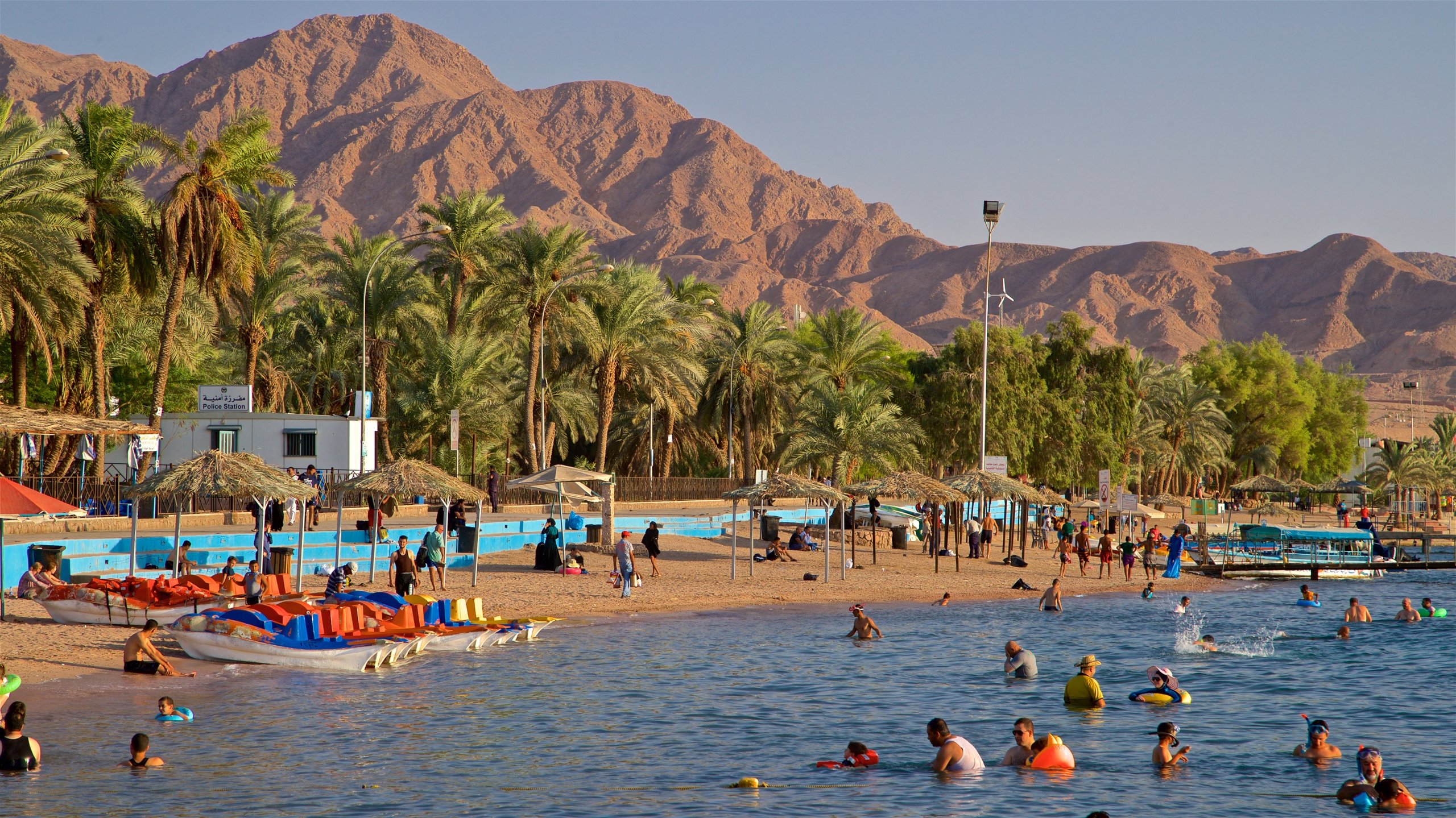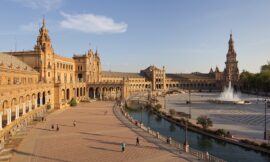Aqaba, Jordan’s only coastal city, is a gem nestled on the northern tip of the Red Sea. This port city holds a rich historical and strategic significance while also serving as a modern-day tourist destination, offering a unique blend of historical sites, vibrant marine life, and a relaxed atmosphere.
The history of Aqaba dates back thousands of years, with evidence of human habitation found in archaeological sites such as Ayla, the city’s medieval Islamic quarter. Over the centuries, Aqaba has been controlled by various civilizations, including the Nabataeans, Romans, Byzantines, and the Islamic Caliphates. Its strategic location along key trade routes has made it a coveted prize for many regional powers throughout history.
One of Aqaba’s most notable historical landmarks is the Aqaba Fortress, also known as Aqaba Castle or Mamluk Castle, which stands proudly on a hill overlooking the city. Originally built by the Crusaders in the 12th century, the fortress has undergone various renovations and expansions by subsequent rulers. Today, it serves as a museum providing insights into Aqaba’s rich history, displaying artifacts from different periods.
Beyond its historical sites, Aqaba is a gateway to some of the most spectacular underwater wonders in the Red Sea. The city’s coral reefs are renowned for their biodiversity and vibrant marine life, making Aqaba a popular destination for snorkeling and diving enthusiasts. The clear, warm waters host a kaleidoscope of colorful fish and coral formations, creating an underwater paradise for those exploring the depths.
Aqaba’s strategic importance extends to its role as Jordan’s primary seaport, facilitating trade and commerce with neighboring countries. The Aqaba Special Economic Zone (ASEZ) was established to promote economic development in the region, attracting foreign investment and fostering international trade.
The city has also embraced tourism as a key economic driver. The Aqaba coastline boasts luxurious resorts and hotels that cater to both leisure and business travelers. Visitors can indulge in the serene beaches, enjoy water sports, or explore the vibrant local markets, where traditional handicrafts and spices offer a taste of Jordanian culture.
The Aqaba Development Corporation has been actively involved in enhancing the city’s infrastructure and promoting sustainable development. This commitment is reflected in projects such as the Aqaba Bird Observatory, highlighting the region’s ecological diversity and promoting environmental awareness.
Aqaba’s Free Zone, part of the ASEZ, provides incentives for businesses, attracting international companies and fostering economic growth. This development has positioned Aqaba as a vital player in the region’s economic landscape.
In summary, Aqaba is a city that seamlessly blends its rich historical tapestry with modern developments and a focus on sustainable growth. Whether exploring ancient fortresses, diving into the vibrant marine world, or simply enjoying the city’s warm hospitality, Aqaba offers a diverse and captivating experience for those who venture to this coastal jewel on the Red Sea.



